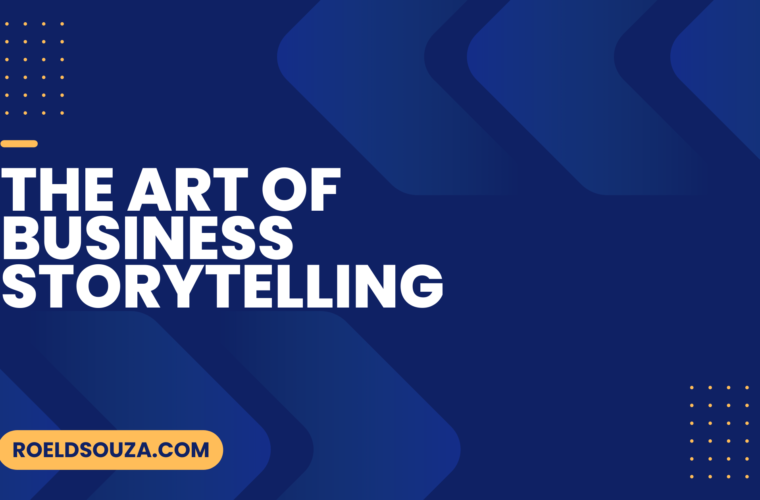In a world teeming with information, where every brand jostles for attention, one thing remains timelessly powerful: a good story. Whether you’re a startup founder pitching to investors, a marketer crafting a campaign, or a leader inspiring your team, the art of business storytelling is an indispensable skill. But what exactly is business storytelling, why is it so important, and how can it transform your business? Let’s dive in.
The Basics of Business Storytelling
Business storytelling is the practice of using narrative to communicate your brand’s values, vision, and message. It’s about weaving facts and figures into a compelling narrative that resonates with your audience on an emotional level. Unlike dry presentations or bland marketing copy, a well-told story sticks in the minds of your audience, making your message more memorable and impactful.
Imagine trying to remember a list of random numbers versus recalling a gripping novel you read last summer. Which one comes easier? Exactly.
Why Every Business Needs a Good Story
1. Engage and Captivate Your Audience
Think of your audience as a cat and your story as a laser pointer. Without a story, you’re just waving your hand in the air, hoping for some interest. With a story, you’ve got their attention locked in, ready to pounce on every detail.
2. Build Trust and Credibility
A good story builds trust. When you share the journey of your brand – the challenges you faced, the triumphs you celebrated – you humanize your business. It’s no longer a faceless entity but a relatable character in a larger narrative. People trust stories because they see themselves in them.
For instance, TOMS Shoes doesn’t just sell footwear. They tell a story of giving, where every purchase helps someone in need. This narrative builds trust and differentiates them in a crowded market.
3. Clarify Your Message
Ever sat through a meeting and thought, “What’s the point?” A well-crafted story ensures your audience never feels that way. It clarifies your message, making complex ideas easier to understand and remember.
Apple’s product launches are legendary because they tell a story. They don’t just list features; they show how those features will change your life. Remember the iPod? “1,000 songs in your pocket.” Simple, clear, and memorable.
4. Motivate and Inspire Action
A compelling story not only informs but also inspires action. Whether it’s rallying your team around a new initiative or encouraging customers to buy your product, a good story moves people.
Consider Patagonia’s environmental advocacy. Their stories of adventure and conservation don’t just inform you about their products; they inspire you to join their cause, to act, to purchase with purpose.
Practical Examples of Business Storytelling
In Marketing
Nike is a master storyteller. Their “Just Do It” campaign isn’t about shoes; it’s about perseverance, victory, and the athlete in all of us. By telling stories of everyday and elite athletes, they connect deeply with their audience, making their brand synonymous with achievement.
In Branding
Dove’s “Real Beauty” campaign redefined beauty standards by sharing the stories of real women. This narrative not only differentiated Dove in the beauty industry but also created a loyal customer base that aligns with its values of authenticity and self-esteem.
In Leadership
Leaders like Howard Schultz of Starbucks use storytelling to inspire and lead. Schultz often shares the story of his humble beginnings and his vision for Starbucks as a “third place” between work and home. This story not only humanizes him but also unites his team around a common vision and purpose.
The Impact of Business Storytelling
The power of storytelling in business is profound. It can turn a forgettable message into an unforgettable one, build emotional connections that foster loyalty, and inspire actions that drive success. Whether through marketing, branding, or leadership, the art of storytelling can transform how your business is perceived and how it performs.
So next time you’re crafting a message, remember: facts tell, but stories sell. And every business, big or small, has a story worth telling. The trick is to tell it well.



